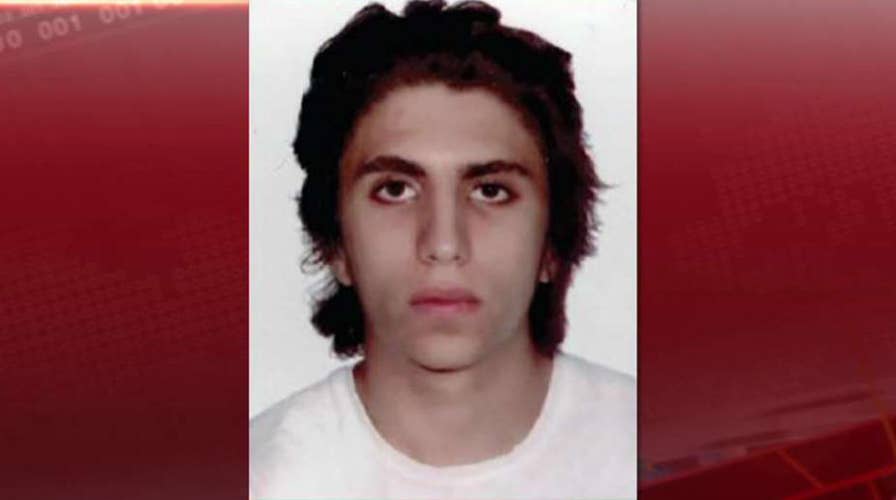Terrorists involved in each of the three recent Islamist assaults on Britain were known to authorities prior to the attacks that claimed a combined 34 lives, but in each instance British authorities failed to act in time to stop the fiendish plots.
British officials have acknowledged Westminster Bridge attacker Khalid Masood, Manchester bomber Salman Abedi and London Bridge terrorist Khuram Butt were on police radars for links to Islamic extremism. But in each case the men were apparently not viewed as sufficient threats to merit more attention.
Separately, Italian intelligence operatives told Politico Europe on Tuesday that Moroccan-born Youssef Zaghba, another member of the London Bridge terror trio, was detained while trying to fly from Italy into Istanbul – likely bound for ISIS-controlled territory in Syria – in March 2016.
When asked why he was flying to Turkey, Zaghba reportedly replied: "I'm going to be a terrorist."
Italian officials said they warned Moroccan and British authorities about Zaghba, however, British police on Tuesday issued a statement that Zaghba “was not a police or MI5 subject of interest.”
Butt was openly supportive of ISIS, appearing in a British television documentary last year called “The Jihadis Next Door.” In the footage, he’s seen praying near an ISIS flag and with a radical Muslim leader who’s a close associate of jailed hate preacher Anjem Choudary. Despite his extremist associations and activities, however, British police said he was not viewed as a serious threat before the London Bridge massacre.
Masood had a variety of criminal convictions prior to his own van and knife attack on a British bridge in March; however, he hadn’t been convicted on any terror charges. Still, British Prime Minister Theresa May said MI5 had investigated Masood for suspected extremism – but the intelligence outfit did not appear to grasp the depth to which Masood had been indoctrinated into extremist Islam.
After Abedi blew himself up in a suicide attack outside an Ariana Grande concert in May, British media outlets reported several people had told authorities before the horrific attack that Abedi may have exhibited terrorist leanings. In light of the news, MI5 was conducting its second review into how it missed the threat posed by Abedi.
Michael Adebolajo and Michael Adebowale, who in 2013 decapitated a British soldier on a London street after running him over with their vehicle, were also known to police, and Adebolajo later claimed security services had tried to recruit him as an informant.
The pool of potential attackers authorities must sort through is massive. Britain has somewhere north of 20,000 people suspected of jihadi affiliations at one time or another, 3,000 of which are currently being investigated.
Britain is not alone in failing to identify jihadis, either.
Yacqub Khayre killed a man and took a woman hostage in Melbourne on Monday before calling a local television station to claim he was acting in the name of ISIS and Al Qaeda, The Herald Sun reported. It later emerged that Khayre, who was shot and killed by police, was acquitted of plotting a suicide attack in 2009.

